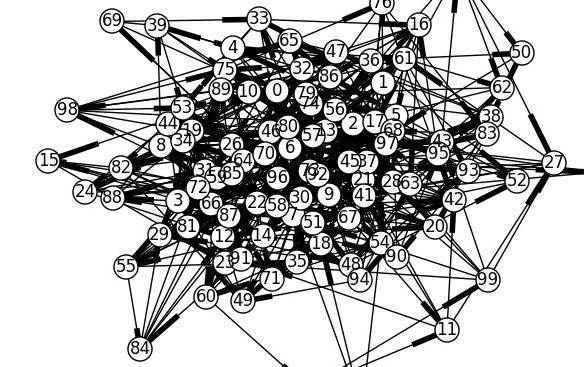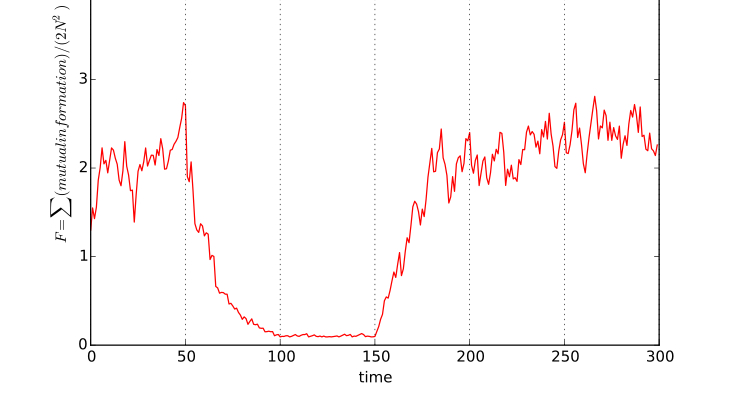Project: Probabilistic Design of Systems of Cyber-Physical Systems
The objective of this research is to investigate the probabilistic design methodology for designing networked and deeply interdependent cyber-physical-social systems to support their functionalities of information gathering and exchange under the challenges of resiliency, adaptability, and trust.
Cyber-physical systems (CPS) or cyber-physical-social systems (CPSS) are physical devices that are embedded in the human society and possess highly integrated functionalities of sensing, computing, communication, and actuation. They are the essential elements for smart home, smart office, smart manufacturing, personalized medicine, autonomous transportation, and many other applications. These systems are connected to Internet and form an interconnected system as Internet of Things (IoT), with advanced capabilities to sense the environment, exchange information, and interact with humans.
One challenge in designing such systems is to ensure the system is resilient, meaning that it can recover from major disruptions when a portion of the system fails to function or communicate. Another challenge is how to take social behaviors into consideration in their design so that people will feel comfortable to use such systems because they constantly collect and share our information.
Resilience of Systems of CPS
To prevent a system with hundreds/thousands of networked components from breakdown (e.g. component malfunction, communication failure, being hacked) is impossible. Design for resilience is the only viable solution, which ensures the system can recover itself from adverse conditions. In this research, a probabilistic graph model is proposed to model functionalities of sensing, computing, and communication of CPS. Quantitative metrics of system performance are developed to measure the system performance for resilience design. New control strategies are also developed to enhance the system resilience under cyberattacks.
Trust based Network Design
The considerations of security, privacy, and trust are essential for CPS design and usage. To design and optimize trustable networks, quantitative measures of trustworthiness are proposed, which quantify ability, benevolence, and integrity. Design and optimization process for trustable networks is demonstrated.
Information Dynamics Modeling
New topology-informed probabilistic modeling approaches are developed to predict the information dynamics and information diffusion in networked CPSS, where nodes are deeply interdependent on each other.

